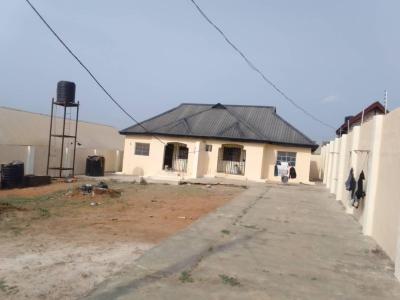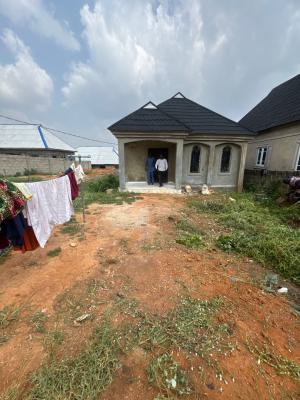Detached Bungalows for Sale in Ijede, Lagos
Quick Filters
Bedrooms Subtypes Areas Areas
2
What is the average price of detached bungalows for sale in Ijede, Lagos?
The average price of detached bungalows for sale in Ijede, Lagos is ₦40,000,000.
What is the price of the most expensive detached bungalows for sale in Ijede, Lagos?
The price of the most expensive detached bungalows for sale in Ijede, Lagos is ₦40,000,000.
What is the price of the cheapest detached bungalows for sale in Ijede, Lagos?
The price of the cheapest detached bungalows for sale in Ijede, Lagos is ₦40,000,000.
How many detached bungalows for sale in Ijede, Lagos are available?
There are 2 available detached bungalows for sale in Ijede, Lagos.
You can view and filter the list of property by price, furnishing and recency.


